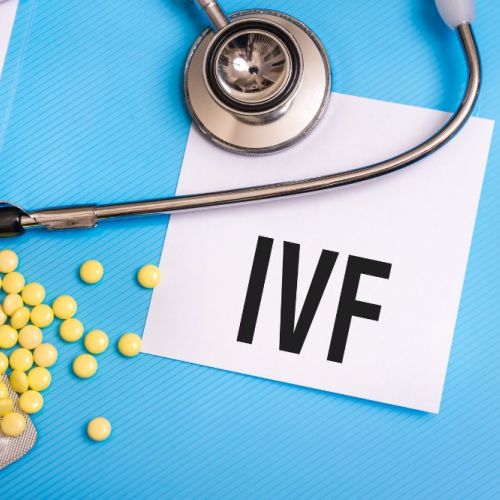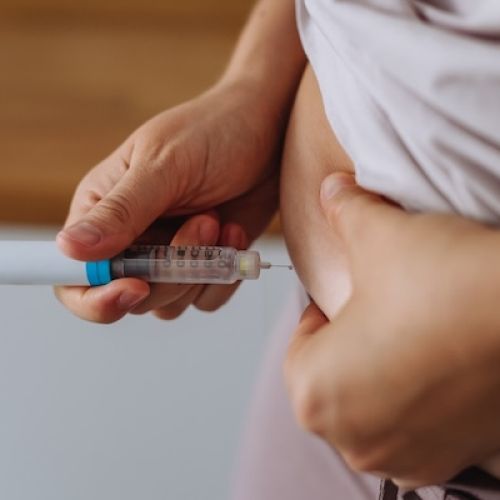When to See Fertility Specialist

If you’re trying to get pregnant, you may feel like you’ve been trying to conceive for a long time. You may be starting to wonder how long you should keep trying and when to see a fertility specialist. If you’re under the age of 35 and have been having unprotected sex for 12 months or longer without getting pregnant, or if you’re over 35 and have been trying for six months but haven’t been successful, reach out to the fertility experts at the Center for Reproductive Health.
Other Reproductive Challenges
Infertility may be caused by problems with the woman, the man or both. Some factors that may present a challenge to fertility include:
- History of irregular periods
- Family history of early menopause
- History of two or more miscarriages
- Problems with male sexual function
- Cancer treatment
- History of sexually transmitted infections (STIs)
Some medical conditions can cause fertility challenges such as endometriosis, polycystic ovary syndrome, uterine fibroids and primary ovarian insufficiency. If your thyroid is underactive, it can impact ovulation and lead to irregular periods. You may benefit from seeing a fertility specialist if you have any chronic medical conditions such as diabetes or heart disease.
Body Weight
Attaining a healthy body weight may help you to conceive. Being overweight or underweight can affect your ability to get pregnant. Excess weight can interfere with ovulation, reducing your chances of conceiving. Being overweight can also cause irregular periods. If you do get pregnant, being overweight can raise the risk of complications such as gestational diabetes and hypertension.
Being underweight can also trigger irregular menstrual cycles, especially if you’re losing a lot of weight or over exercising. Babies born to mothers who are underweight have an increased risk of low birth weight or being born prematurely.
The Impact of Age
If you’re over the age of 35, it’s a good idea to see a fertility specialist sooner rather than later. Your fertility starts to decline in your thirties, and as time continues to pass, this decline accelerates. Aging has an impact on the quantity and quality of your eggs, and it also has an impact on sperm quality. This can make it harder to get pregnant, and if you do get pregnant, you’re at a higher risk of complications or fetal abnormalities. If you’re between the ages of 27 and 34 but aren’t ready to try to get pregnant, it’s a good idea to consider freezing your eggs.
How Can a Fertility Specialist Help?
A fertility specialist can provide an expert evaluation of reasons you may be having difficulty conceiving. This starts with a discussion of your medical history and your partner’s medical history along with a full medical examination. This helps the specialist determine what tests should be run. They may be able to pinpoint the cause of your infertility. In some cases, the cause remains unexplained.
The experts at the Center for Reproductive Health can explain your options in assisted reproductive technologies, whether or not the cause of your infertility was identified. At your consultation, they can explain the risks and benefits of possible treatments so you can make the choice that’s best for you. Schedule a consultation today.




